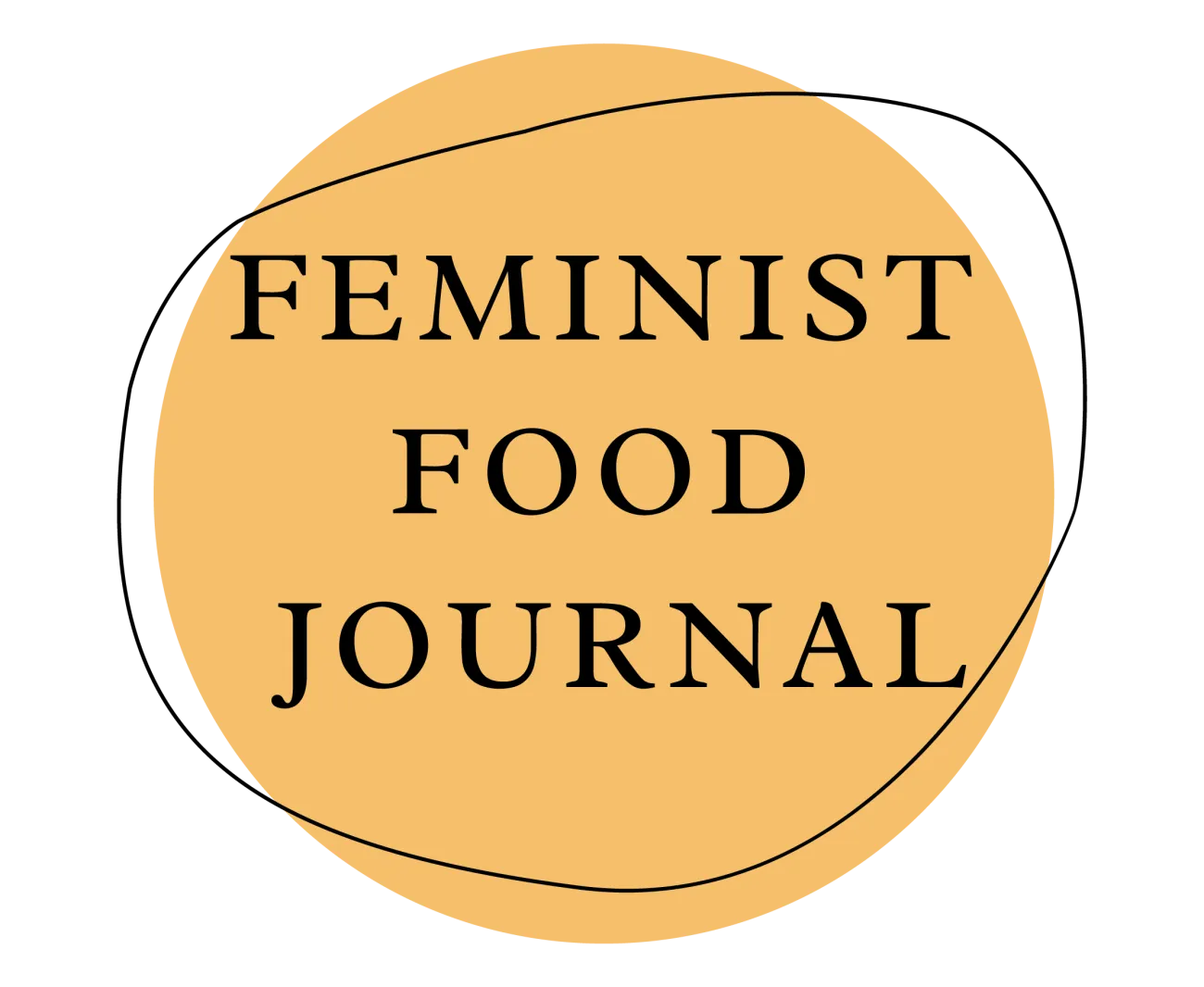Scientists explore how the lifecycles and shared economic benefits of UPFs and plastics interact to produce a range of direct and indirect harms, and warn that the chemical dimensions of these harms are underappreciated with thousands of plastics known to be found in food. They question whether UPFs and plastic chemicals are fit for purpose when these products' production and consumption add to chronic chemical exposure.

Abstract
Background: Among the crises engulfing the world is the symbiotic rise of ultra-processed foods (UPFs) and plastics. Together, this co-dependent duo generates substantial profits for agri-food and petrochemical industries at high costs for people and planet. Cheap, lightweight and highly functional, plastics have ideal properties that enable business models to create demand for low-cost, mass-produced and hyper-palatable UPFs among populations worldwide, hungry, or not. Evidence linking UPF consumption to deterioration in diet quality and higher risk of chronic diseases is well-established and growing rapidly. At the same time, the issue of plastic food contact chemicals (FCCs) is receiving increasing attention among the human health community, as is the generation and dispersion of micro- and nanoplastics.
Main body: In this commentary, we explore how the lifecycles and shared economic benefits of UPFs and plastics interact to co-produce a range of direct and indirect harms. We caution that the chemical dimension of these harms is underappreciated, with thousands of plastic FCCs known to migrate into foodstuffs. Some of these are hazardous and have been detected in humans and the broader environment, while many are yet to be adequately tested. We question whether policies on both UPF and plastic chemicals are fit for purpose when the production and consumption of these products are adding to the chronic chemical exposures that plausibly contribute to the increasing global burden of non-communicable diseases.
Conclusions: In the context of ongoing negotiations for a legally binding global treaty to end plastics pollution, and rapidly growing concern about the burgeoning share of UPFs in diets worldwide, we ask: What steps are needed to call time on this toxic relationship?
Reference
Yates J, Kadiyala S, Deeney M, Carriedo A, Gillespie S, Heindel JJ, Maffini MV, Martin O, Monteiro CA, Scheringer M, Touvier M, Muncke J. A toxic relationship: ultra-processed foods & plastics. Global Health.
Read more here. See also the TABLE explainer on Ultra-processed foods.




Comments (0)